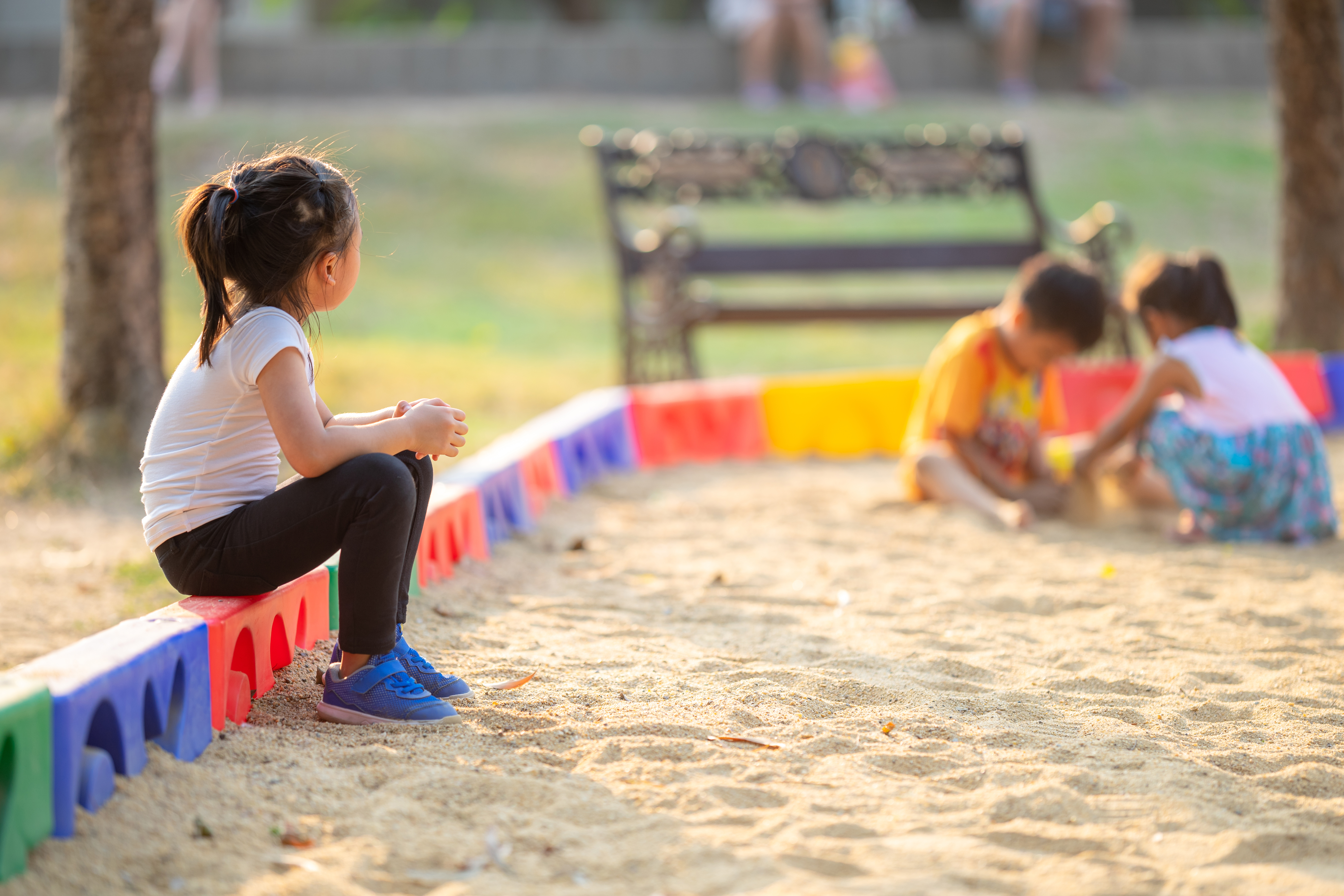I savor alone time (so rare these days), but most people I know would not characterize me as quiet or solitary. And, according to Myers-Briggs, I fall just over the fence into “E,” preferring extraversion. Although I can’t write from the perspective of a true introvert, I do mother and teach kids who would definitely be labeled as "shy." And, I've done my fair share of worrying about them—as I've dropped my little one off at a birthday party and wondered if they'd integrate or I've tried to engage the student who hangs on the perimeter of my class. The more I've learned, though, the more I've traded in that worry for awe.
These quiet but powerful young humans have inspired me to learn more about the strengths of “introverts.” They have also taught me lessons that have helped be a better parent, educator, and friend. This post is a celebration of these lessons—a chance to flip the script on "shy" and honor our onlookers.
“Introverts” Are Not a Rarity
According to Susan Cain’s marvelous book, Quiet Power: The Secret Strengths of Introverted Kids, one-third to one-half of us tend to present as introverted—something that is helpful to remember in a culture that tends to overemphasize being the life of the party.
What Does “Introvert” Actually Mean?
I often hear descriptions that paint extroverts as people who “enjoy” or are “highly skilled” at social interactions and cast introverts as “shy” or “not social.” Such descriptions can imply that introverted people lack the capacity for socializing, which seems neither accurate nor fair.
Introversion really means a tendency to derive energy and stimulation from one’s internal experience—one’s own thoughts and feelings, while extroversion is the tendency to do derive those same things from interactions with others. This preference may dictate the kinds of experiences kids choose and the way that they enter situations, but it does not dictate how skilled they become socially, how well they connect to friends, or even how well they assert themselves. In fact, for young children, onlooking is a natural stage of social play and one that leads to greater social capacity.
Neither accurate nor fair, such misunderstandings can lead loving adults to push kids in social situations. When that push happens, kids can feel pressured to act in ways untrue to their natural approach, making it hard for kids to operate from their strengths and, at times, forcing them to retreat.
We Are Not Binary
People, even wee ones, are wonderfully complex creatures, and our tendencies around extra- or introversion are also nuanced. Some children prefer quiet or even solitude in nearly all situations, while, for many more, their preference varies considerably depending on the setting, the company, and even the day.
This is clear in the evolution of what we often call the "circle time" portion of a group experience. Many children elect to remain reserved on the first group meeting, holding back from saying their names or singing songs. But, if you give children space and time to observe, adjust, and decide how to join in, they put themselves out there more and more each week, each arriving at the kind of involvement that is right for them.
Observation is as Good as Action.
This may seem counter-intuitive to the “doers” in the crowd, but this holding back is a pretty adaptive strategy when entering a new group situation. A child who chooses to play on the periphery of the group or takes their time to enter into the action has a distinct advantage—they have time to observe others. When anyone takes the time to pay attention, they can pick up on clues and cues about what others are doing, needing and feeling. Armed with this knowledge, their first contact can lead to meaningful and often quite successful connections.
Children also often benefit from the chance to process a new experience before they respond to it. If you ever worry about whether a quiet child has benefitted from a group experience, look for evidence of all that they observed in their play after the fact. They may leave a music class in which they appeared disengaged only to sing all of the songs with flair once back at home. You can think of the group session as "recording" new ideas, then look for the "performing" to happen after they've processed and are in a less stimulating, safer place like home.
Label the Feelings, not the Child.
It’s quite easy to describe children in a way that defines their identity. I used to describe children as “quiet” or “shy” when speaking about them with other adults and even asked children questions like, “Are you shy?” Over time, though, I’ve shifted how I word such statements and questions. If you ask questions like, “Are you feeling shy today?” or “Do you like to stay quiet on the first day of camp?” you emphasize feeling shy instead of being shy. This helps kids understand that those feelings can be conditional, based on the experience or setting. It also helps kids express and learn about their feelings and tendencies without having to be defined or limited by them.
Be with Quiet.
Some of us have a tendency to fill the void and use lots of language to reach a quiet child. Taking a lesson from my onlookers, I have learned to try to answer their reserve with my own patient reserve, giving them plenty of space and time. After all, their quiet just might be their greatest superpower.

